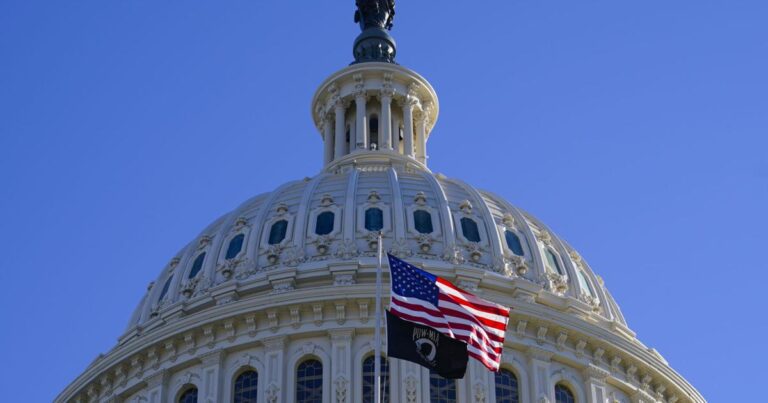Title: Congressional Housing Conundrum – Barracks as a Solution?
In recent discussions circulating Capitol Hill, an unconventional proposal has surfaced – a barracks-style housing for lawmakers. This proposition emerges in response to the growing controversy over some members of Congress reportedly residing in their offices.
It seems these aren’t just symbolic slumber parties, but regular sleeping arrangements that some elected officials allegedly keep. Critics say that such behavior crosses ethical bounds by making use of free cleaning services and contributes to questionable personal hygiene standards.
Notably, these criticisms are catching significant airtime at a moment when most members of Congress have been voting in favor of pay increases. Legislators often justify these adjustments, arguing that their esteemed position necessitates maintaining accommodation in both their home state and in Washington. The need to host constituents, and even lobbyists, in some style, is also provided as part of the rationale.
So, how does the barracks solution come in? The idea is to construct a facility that matches the standards of military accommodations. This includes a mess hall and the barracks situated within a short distance from the Capitol to make travel easier for members of Congress.
A shuttle service could be designed to accommodate those with disabilities or serve all members during severe weather conditions. The proposal takes a stance on making residency in the barracks mandatory during congressional sessions.
However, the housing would not be free. Lawmakers would need to pay for their stay, which potentially could yield remarkable savings in public-serving costs. Perhaps these changes could provide a solid argument against salary increases for our leaders, paving the way for a potential wage cut.
On the other end of the political landscape, concerns are brewing over the “Project 2025’s” vision of a “second American revolution.” It is important that everyone educate themselves about the plan’s implications and its potential impact on reshaping federal government policy.
Meanwhile, citizens offer their gratitude to those providing daily essential services, particularly applauding the hard work of sanitation workers and mail carriers in Charleston. Despite facing increased workload during the Fourth of July celebrations, these dedicated professionals maintain an unwavering commitment to their duties with an admirable positive attitude.
In our complex political landscape and as the debates around congressional salaries persist, everyone is invited to add their voice to the discourse. We invite everyone to join our community conversation on these prevailing issues, by writing a letter to the editor, subject to our editing guidelines.
Submit your thoughts and join the conversation about congressional wages, potential barracks housing or your own local hero. Your voice matters in shaping the discourse of our nation.
